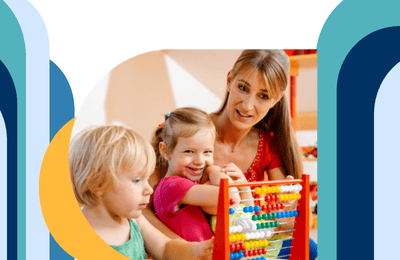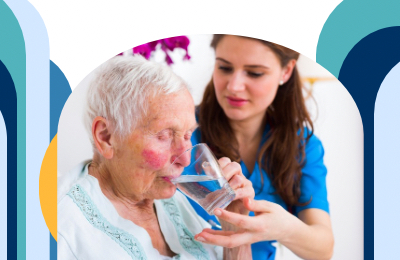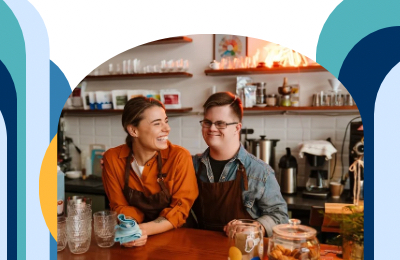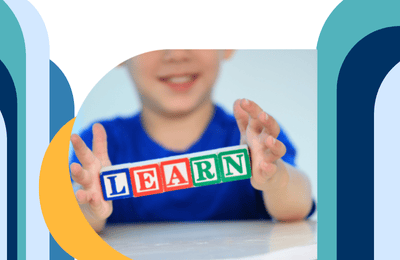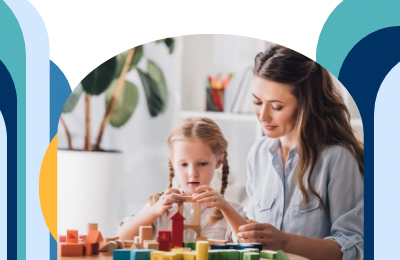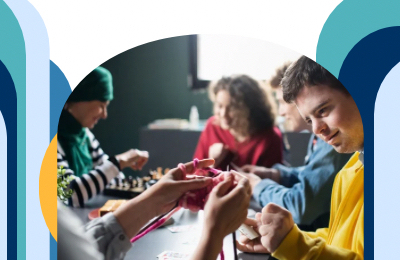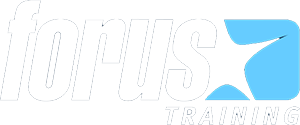Equity in Early Learning and Care: Building Fair Foundations for Every Child
Across the early childhood education sector, there is growing recognition that equity must be at the heart of policy and practice. Updates from national frameworks (Aistear) and professional development programs (DCEDIY) (AIM) emphasize the need for:
- Culturally responsive practices that validate and celebrate children’s identities and family backgrounds.
- Targeted support and resources for children experiencing barriers such as poverty, disability, language learning, or systemic discrimination.
- Inclusive curriculum design that provides diverse representation and adapts learning opportunities to meet varied needs.
- Partnerships with families and communities, ensuring that educators are not working in isolation but in collaboration with those who know children best.
These updates are grounded in research showing that equitable early learning environments create better long-term outcomes in school readiness, confidence, and lifelong achievement.
Equity vs Equality: Understanding the Difference
The terms equity and equality are often used interchangeably, but they are not the same.
- Equality means giving everyone the same resources or opportunities. For example, providing every child with the same number of books or identical classroom materials.
- Equity means ensuring each child receives what they need to thrive, which may look different from child to child. A child learning English might need additional language support, while another may need adapted materials due to a disability.
Think of it like children riding bicycles:
- Equality gives each child the exact same bike.
- Equity ensures each child gets a bike that fits their size, ability, and context, so they can all ride successfully.
Implementing Equity and Equality in Early Years Settings
The best practice in early childhood education involves weaving both equity and equality into daily routines and long-term planning. Here are some strategies:
1. Equality in Access
- Provide equal access to high-quality learning materials, safe play environments, and caring adult relationships.
- Ensure every child has the chance to participate in routines, group activities, and celebrations.
2. Equity in Support
- Tailor teaching strategies to individual children. For example, using visual supports for children with communication challenges or creating sensory-friendly spaces for children with sensory needs.
- Adjust expectations and goals to reflect children’s developmental stages, abilities, and cultural contexts.
- Offer professional development for educators to deepen understanding of bias, privilege, and systemic inequities.
3. Family and Community Partnerships
- Recognize that families bring unique strengths and cultural knowledge. Equity is strengthened when educators listen and adapt to families’ values, languages, and priorities.
- Provide information and support in multiple languages and formats to ensure inclusion.
4. Reflective Practice
- Encourage staff to reflect on their own biases and assumptions. Are some children unintentionally being given less attention or fewer opportunities?
- Use observation and assessment tools not only to track children’s progress but to identify barriers to participation.
Promoting equity in early learning and care does not mean treating all children the same—it means recognizing differences and responding with fairness. Equality ensures everyone has access to the same opportunities, while equity ensures that each child receives the right level of support to succeed.
When early years educators commit to both equity and equality, they create environments where every child feels valued, capable, and ready to learn. This commitment lays the foundation for not only school readiness but also a more just and inclusive society.
References
- Department of Children, Youth Affairs. Diversity, Equality and Inclusion Charter and Guidelines for Early Childhood Care and Education (2016).
- AIM (Access and Inclusion Model). AIM.gov.ie — supports a framework for inclusion in preschool settings.
- OECD / Early Childhood Ireland. Working paper on equity, diversity and inclusion in Early Years (via Early Childhood Ireland).
- OECD — Starting Strong VIII: Ireland country note (2025).
- Early Childhood Ireland. “Policy in Action”, January 2025.
- Early Childhood Care and Education Programme (ECCE). Department of Children.
- Barnardos / ChildLinks. “Equality and Diversity in Early Childhood Care & Education (Irish perspective)”.
- Dublin City Childcare Committee — Diversity, Equality & Inclusion Charter and training.
- Early Childhood Ireland — blog “Taking AIM at Workplace Inclusion.”
- Child Encyclopedia / Philpott (2025). “Building a human rights argument for equity of inclusive early learning.

